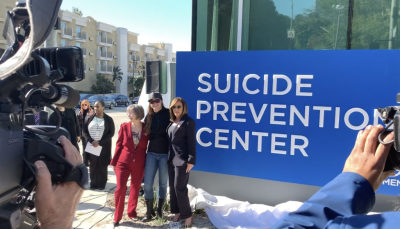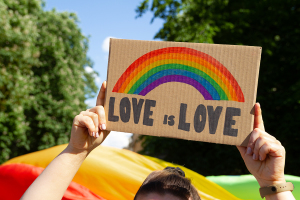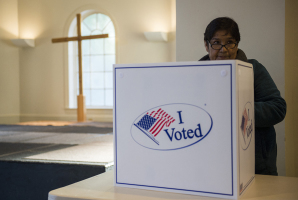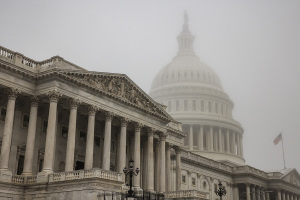Suicide hotline sees 8,000% increase due to COVID-19

Didi Hirsch Mental Health Services in L.A. is one of three centers in the nation that takes calls on a suicide hotline as well a national Disaster Distress Helpline 24-7 to help victims of natural and man-made disasters deal with emotional and mental health issues.
To handle calls, the center has 70 full-time staff members and 215 volunteers. In February, they took 22 calls on their suicide and disaster help lines related to the COVID-19 health crisis, according to a report by the Orange County Register.
In March, their call volume jumped to 1,800 calls — more than an 8,000% increase!
Job losses and isolation has led many to a sense of hopelessness and helplessness. “The coronavirus pandemic has exacerbated those feelings in people. If things felt bad before, they can really feel hopeless in today’s environment,” Carolyn Levitan, director of the crisis line, told the Register.
One woman in her 90s that called the crisis line did not eat or drink water all day on Easter because she was upset about not being able to go to church or see her friends and family.
“I talk to them about what they can do today to take care of themselves,” Levitan said.
The Center, which operates 10 locations in L.A. and Orange counties, is hiring and training more staff members to answer the calls.
Riverside County’s crisis and suicide help line also has felt an increase in calls, Rebecca Antillon, told the Register. “We’ve also seen a complexity of calls — individuals experiencing economic stress, social isolation and increases in domestic violence or abuse. At the same time, there is a decrease in access to community and religious support.”
With people unable to gather at church for worship and fellowship on Sundays – and other days of the week – the problem is magnified.




























